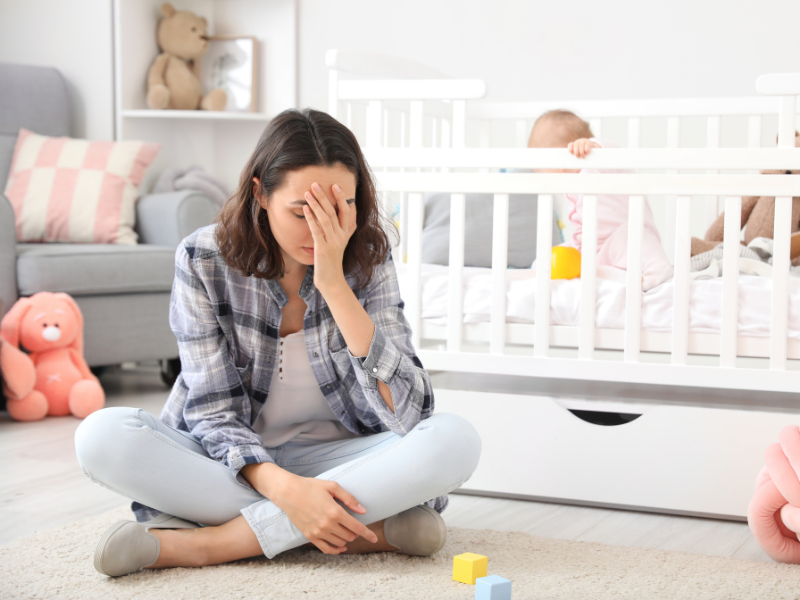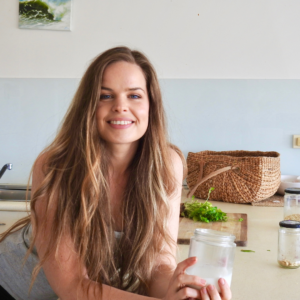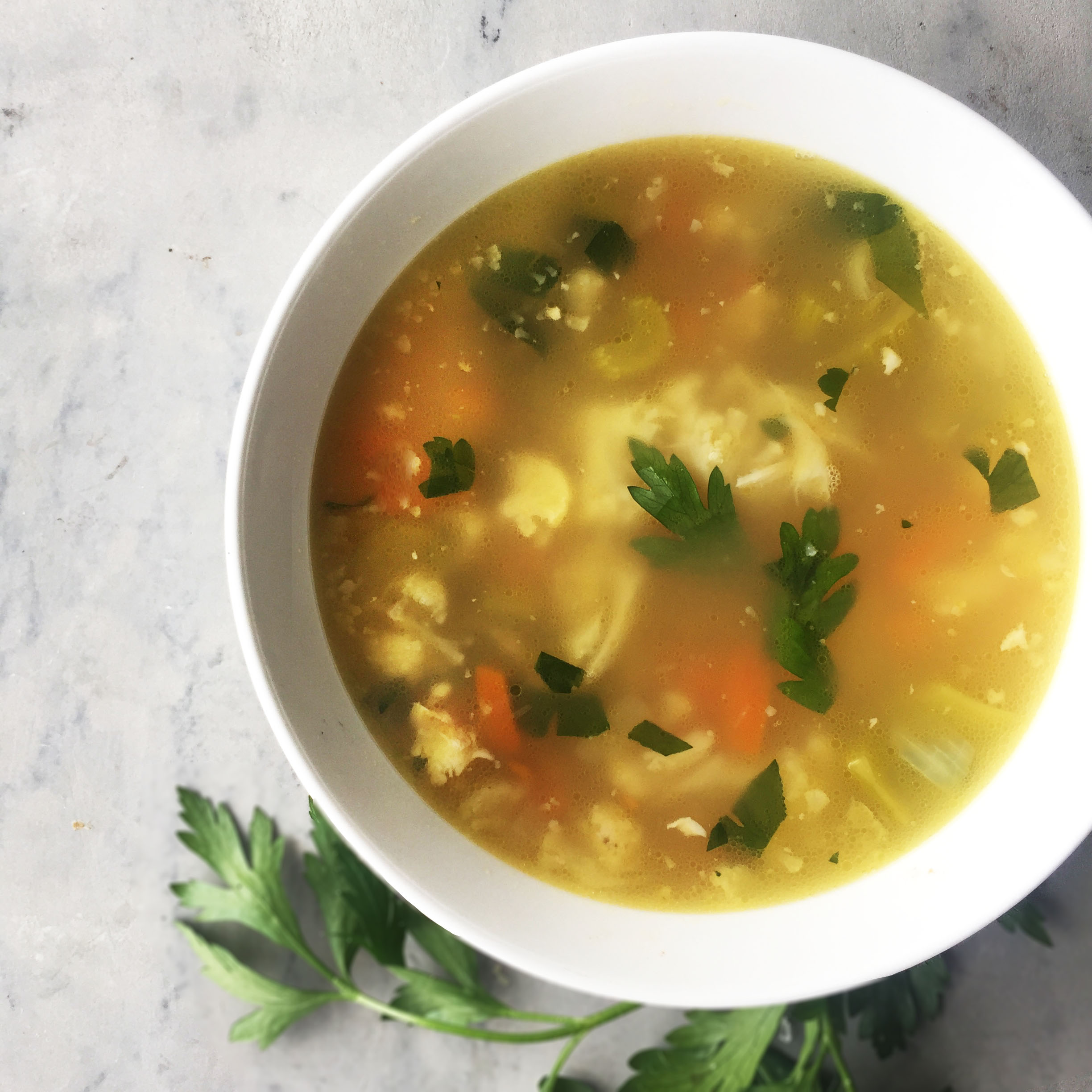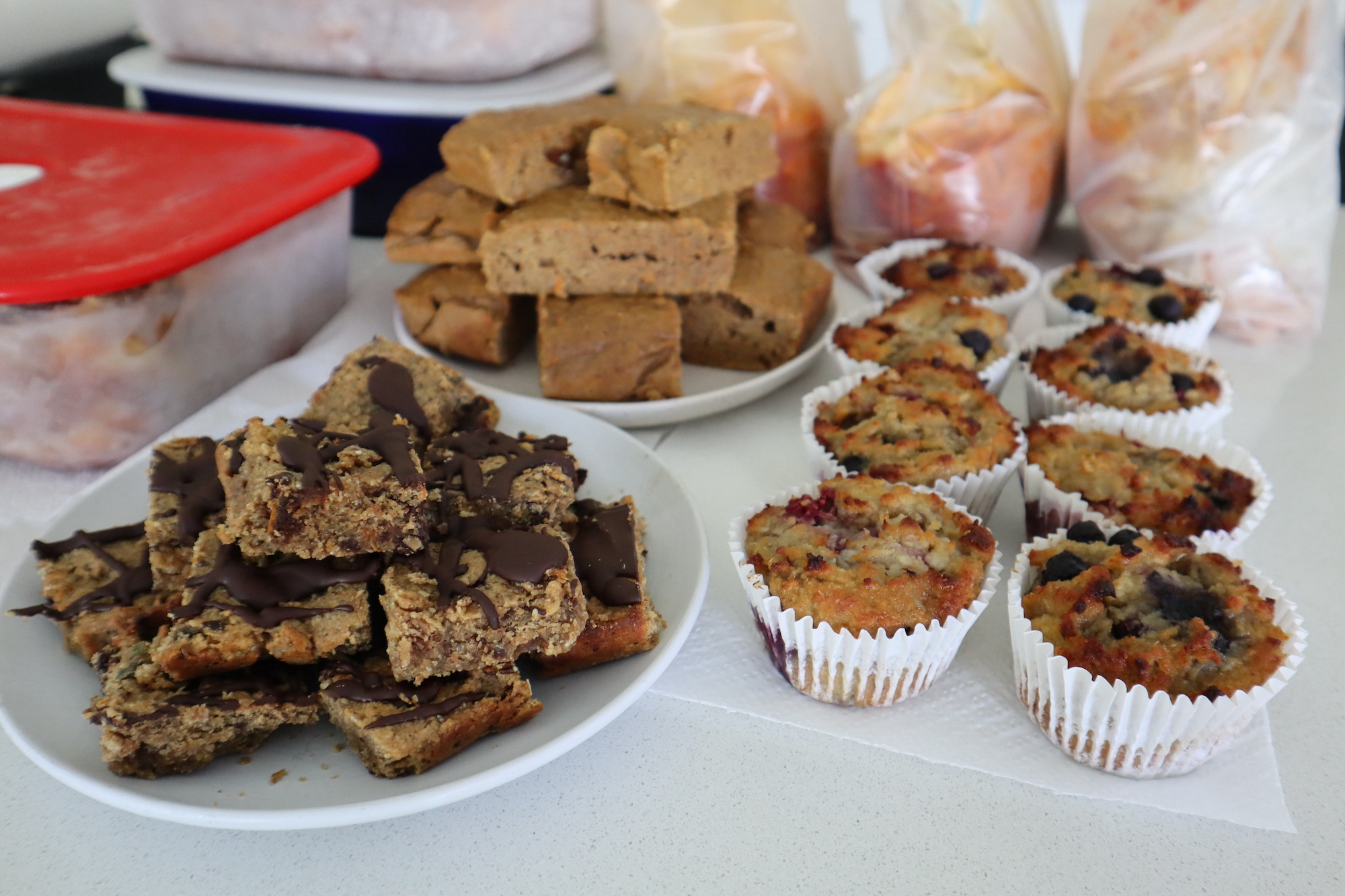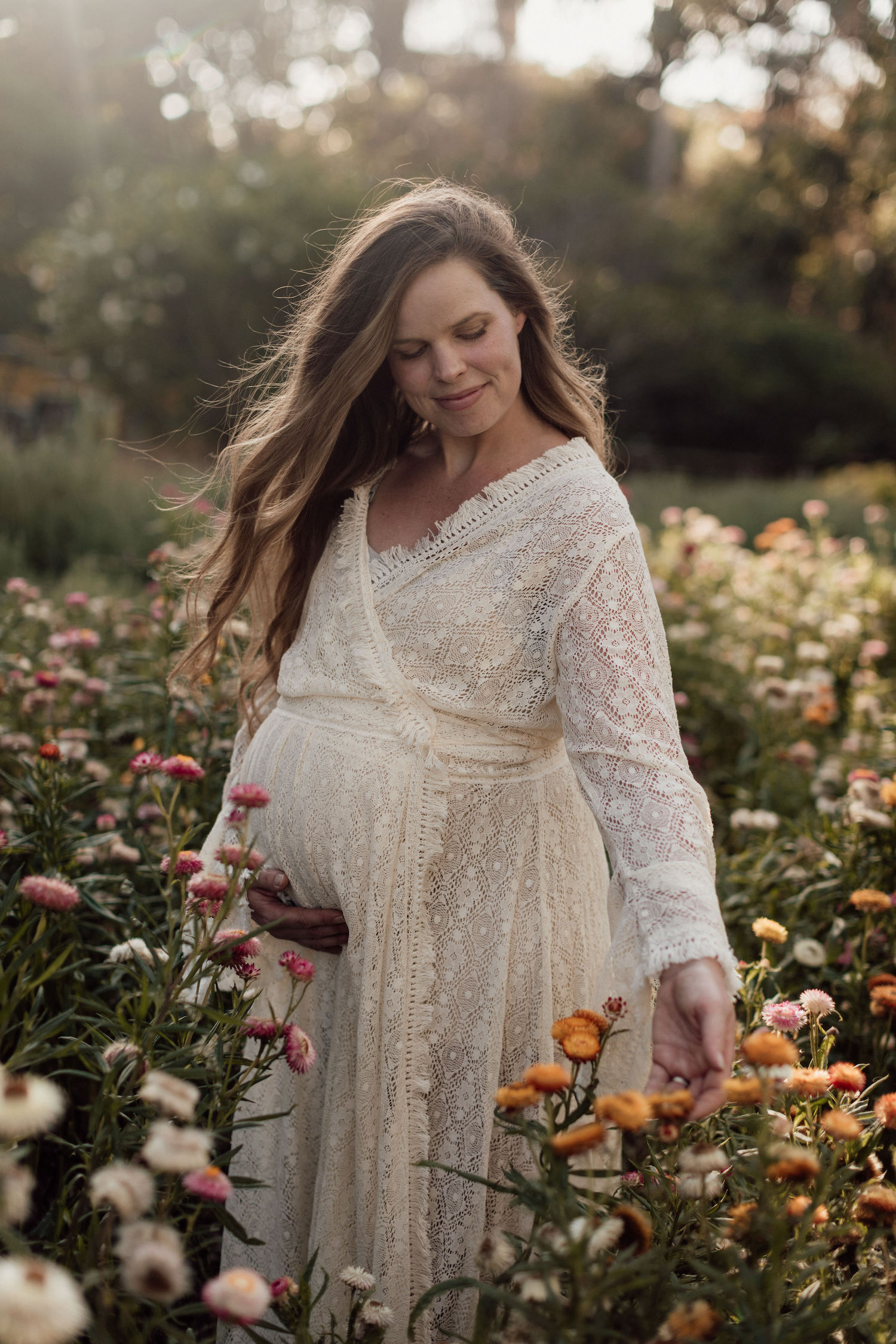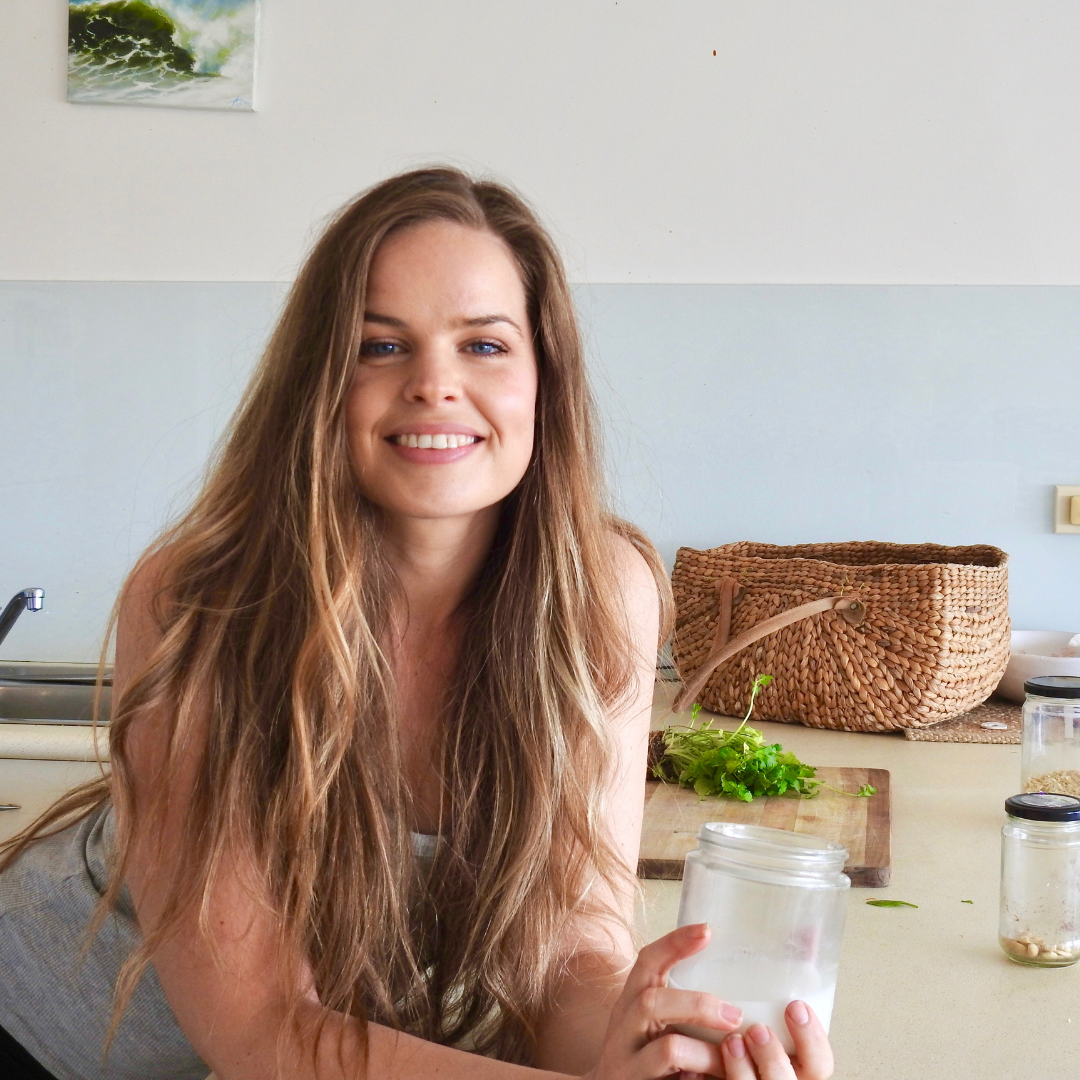Postpartum anxiety and depression affects 1 in 5 women (and I’d say probably more given current world events!). Raging anxiety and constant worry about your baby, irritability, insomnia and sadness are all signs that our body is struggling to recover postpartum and it can be devastating to feel that way.
The important thing to know is that these feelings are being driven by our physiology.
It’s not your fault, it’s nothing you’ve done.
As soon as our babies are born we go through extreme shifts in postpartum hormones. This + nutrient deficiencies and the demands of early motherhood the main factors driving postpartum anxiety and mood (and can still be at play for years after).
There’s a huge hormonal symphony going on postpartum and sometimes the nice changeover of hormones doesn’t happen and sometimes nutrient deficiencies impact how we feel.
Here’s the underlying factors that can be at play with postpartum anxiety and depression.
Low progesterone & oestrogen – the postpartum hormone drop is HUGE after childbirth and withdrawal from these hormones has a massive impact on mood and anxiety levels.
High prolactin our breastfeeding hormone actually has stress protective qualities. But on the other side, high prolactin alongside low progesterone can lead to feelings of anxiety and agitation.
Low Zinc – One of the most relevant deficiencies connected to postpartum depression and anxiety. It helps to make neurotransmitters GABA and serotonin which are calming to the brain and keeps copper levels in check
High Copper – copper levels increase during pregnancy and in some, remain high. This can contribute to intense anxiety.
Low Thyroid Function – depression and anxiety are two of the top symptoms when our thyroid is out of balance which is why postpartum thyroiditis can seem like postpartum depression.
HPA Axis (Adrenal) Dyfunction – Also known as our stress response system. This can have trouble regulating after pregnancy especially when under stress like lack of support, birth trauma, sleep deprivation which leads to feelings of anxiety, and like we aren’t coping.
Low Iron – Iron deficiency anemia is very common postpartum from the blood loss from birth. Low ferritin alsos increases the risk of postpartum depression.
Low DHA – Crucial for our mood and anxiety and something that is depleted during pregnancy and breastfeeding from the huge needs our babies have for this.
Our body needs a lot of support in that first year (and more!) postpartum, not just the first 6 weeks. Prioritising support for our hormones and adrenals to regulate, fixing deficiencies and taking as much pressure of ourselves as possible is key and Mums need to know that there are options to do this! (please don’t sit with it! You deserve to feel great xo)

